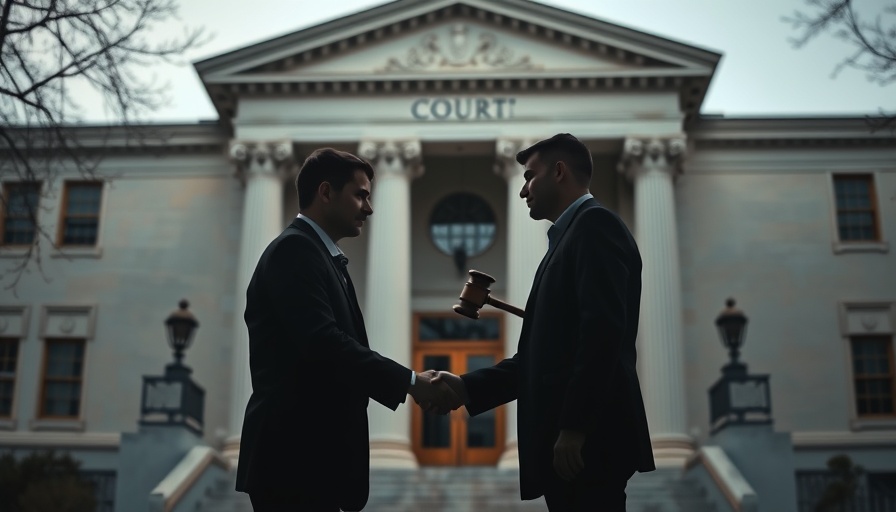
Understanding the Sheriff’s Stance on Public Safety
In a bold statement, Sheriff Grady Judd of Polk County, Florida, took to social media to deliver a stark message regarding the use of force against law enforcement officers when he declared, “If you throw a brick at one of my deputies, we will kill you, graveyard dead.” This polarizing remark has drawn both support and criticism, with implications for community-police relationships and the ongoing discourse around police practices in America. As safety concerns rise in urban areas and tensions between communities and law enforcement agencies remain high, Sheriff Judd's words echo deep sentiments within the law enforcement community.
The Importance of Officer Safety and Community Engagement
At the heart of Sheriff Judd's statement is a plea for officer safety. Law enforcement personnel are facing increasing dangers on their job, as statistics indicate a worrying trend in assaults on officers. This kind of rhetoric aims to define the boundaries of acceptable behavior towards police and asserts the seriousness of their position within communities. However, it raises questions about how such statements might further impact relationships between law enforcement and the public, particularly in underserved communities where trust is already fragile.
Public Reaction: Division or Unity?
The reaction to Judd’s statements has been mixed. Supporters argue that his direct approach sends a clear message about the consequences of violence against officers. Critics, however, warn that such aggressive rhetoric can escalate tensions and portray police as adversaries rather than protectors. This dichotomy underscores the delicate balance law enforcement must maintain while attempting to build community trust—a key factor in effective policing.
Contextualizing the Statement in Broader Law Enforcement Issues
We must consider this statement within the larger context of police reform and public safety. Nationwide, agencies are being called to reassess their use of force policies, implement community engagement strategies, and improve transparency. Initiatives aimed at enhancing officer wellness, crisis intervention practices, and mental health support services are becoming increasingly vital. Judd's comments may obfuscate these progressive moves by re-establishing a binary perspective on law enforcement's role.
The Future of Policing in America: A Call for Thoughtful Discourse
To address the challenges that law enforcement faces today, dialogue rooted in mutual respect and understanding is needed. Effective policing in the modern era requires more than a reactionary stance; it necessitates a cultivation of community partnerships that promote both safety and justice. As public trust continues to wane in certain areas, the law enforcement community must pivot toward innovative strategies—such as incorporating AI technologies and community policing efforts to better engage with and serve their jurisdictions.
Conclusion: The Path Forward for Law Enforcement
In light of Sheriff Judd’s remarks, stakeholders in law enforcement and public safety must tread carefully between protecting officers and fostering community cooperation. Emphasizing ethical training, de-escalation techniques, and transparency initiatives can help build community trust while ensuring officer safety. As we look to the future, incorporating data-driven policing strategies and prioritizing mental health can redefine how law enforcement operates in a society that yearns for safety alongside justice.
 Add Row
Add Row  Add
Add 

 Add Element
Add Element  Add Row
Add Row 




Write A Comment